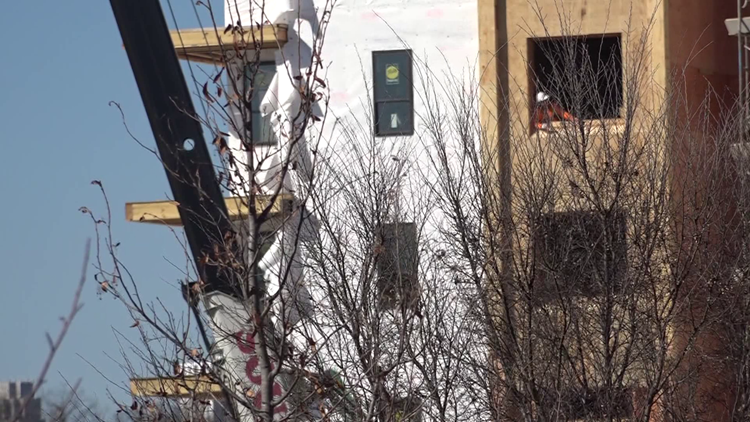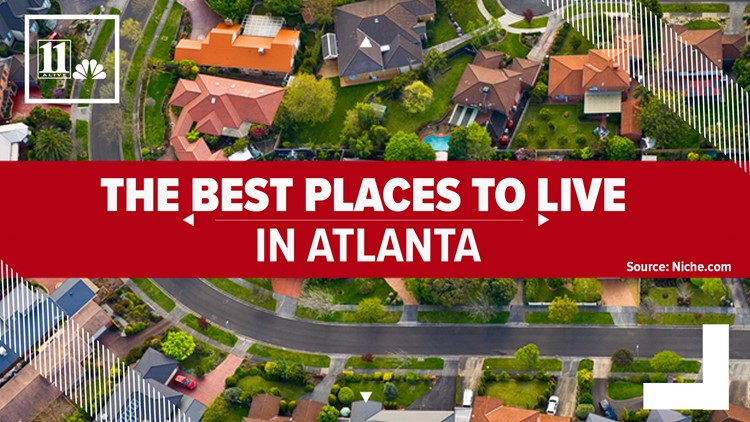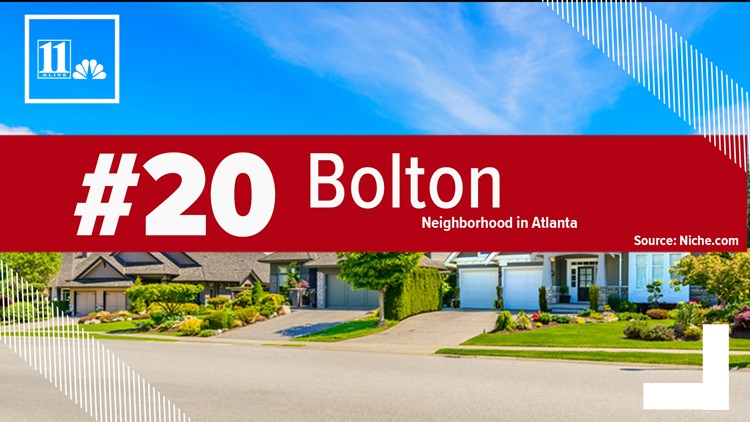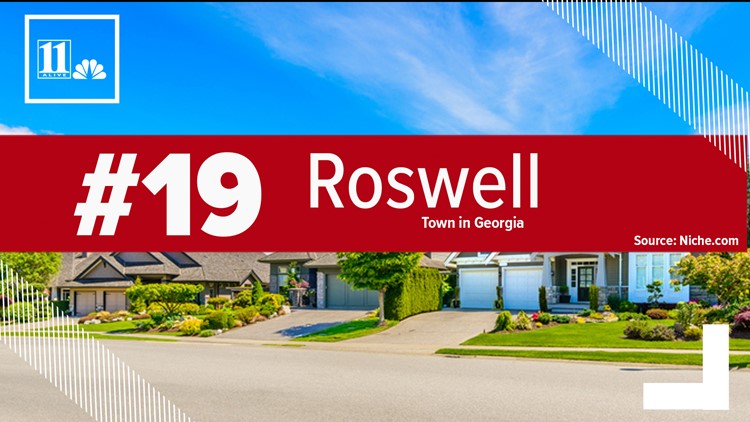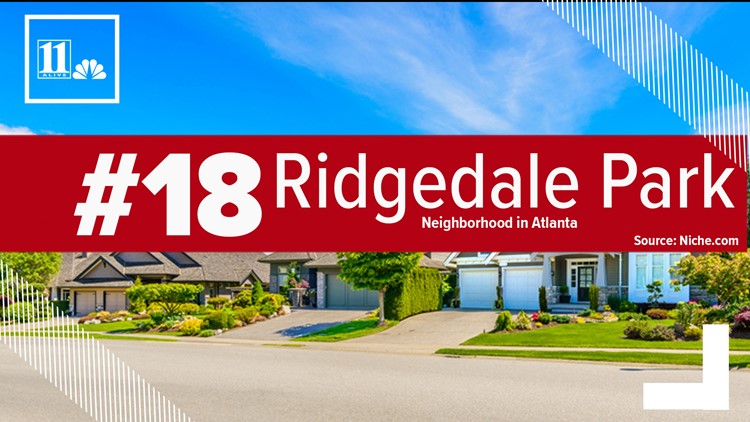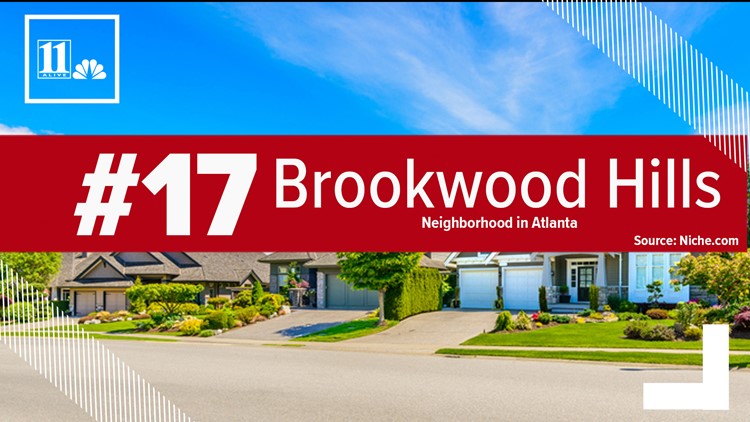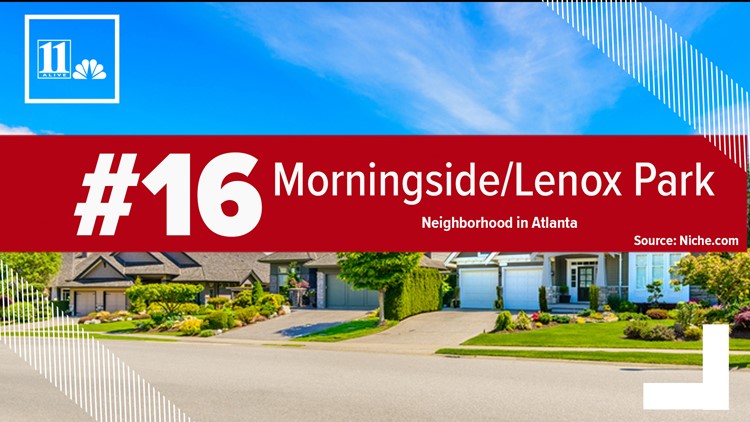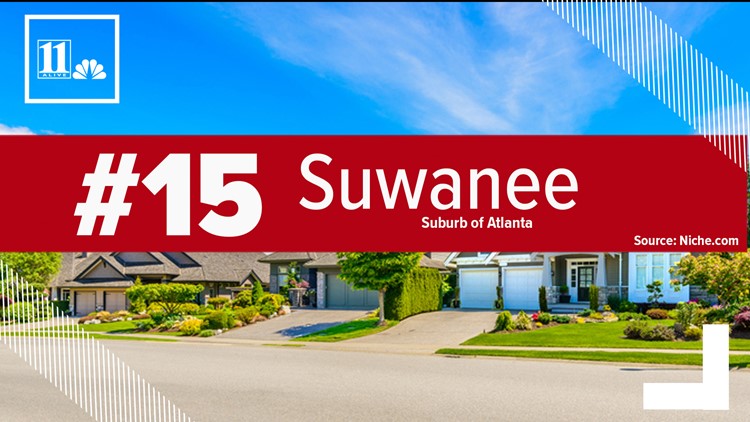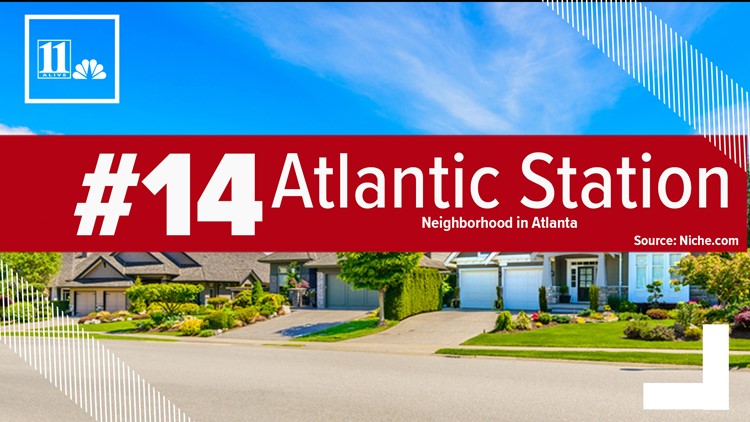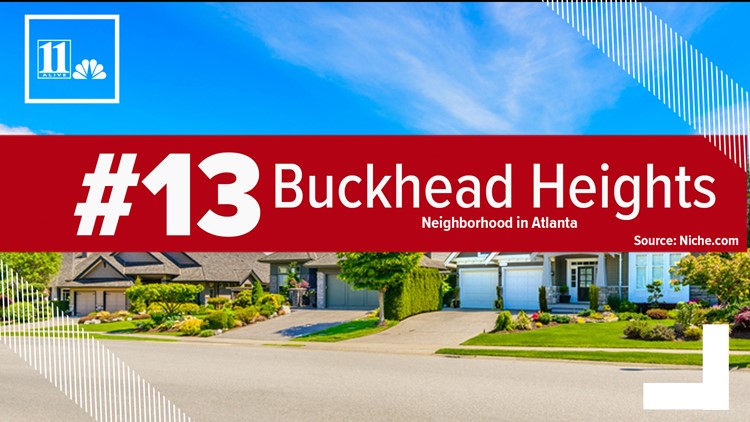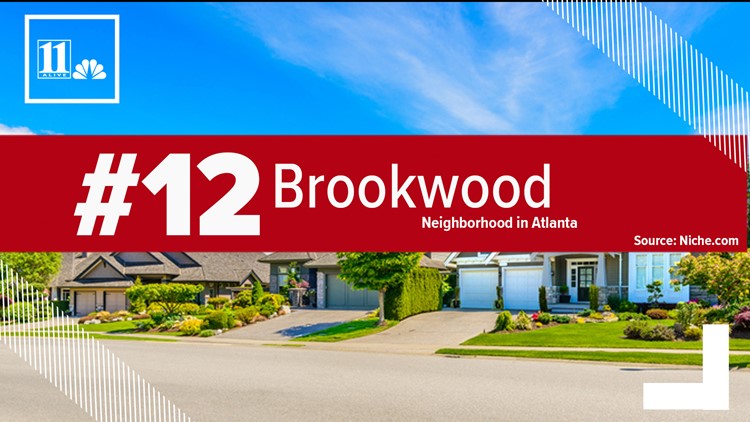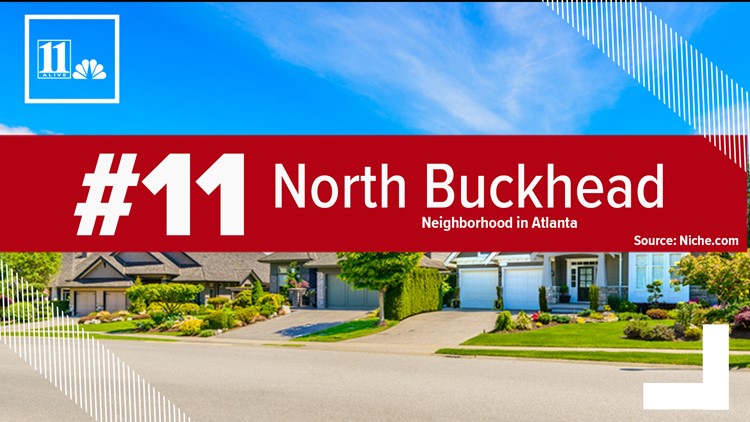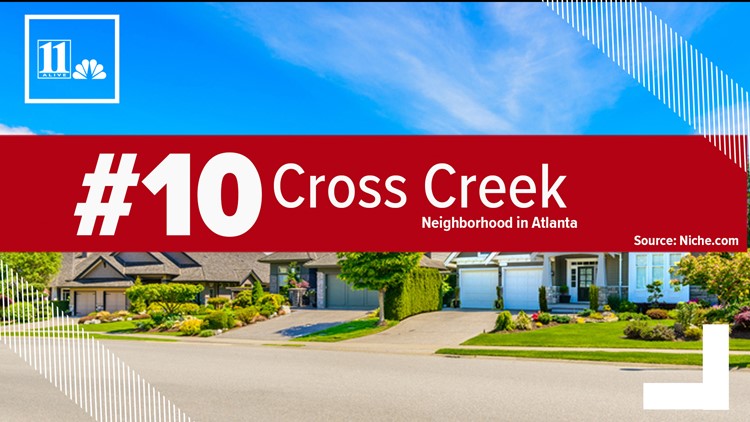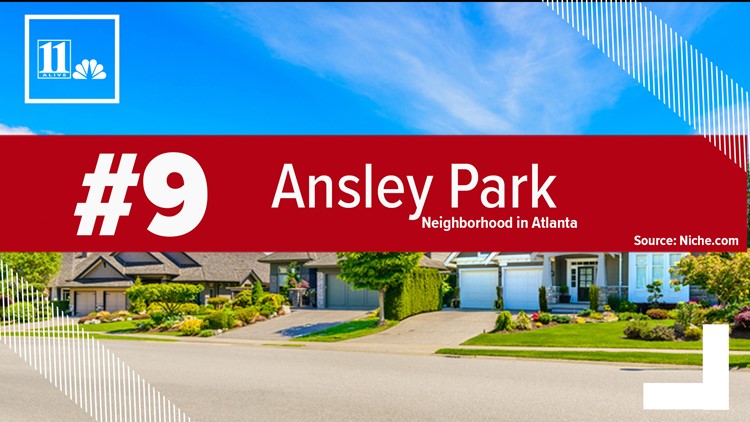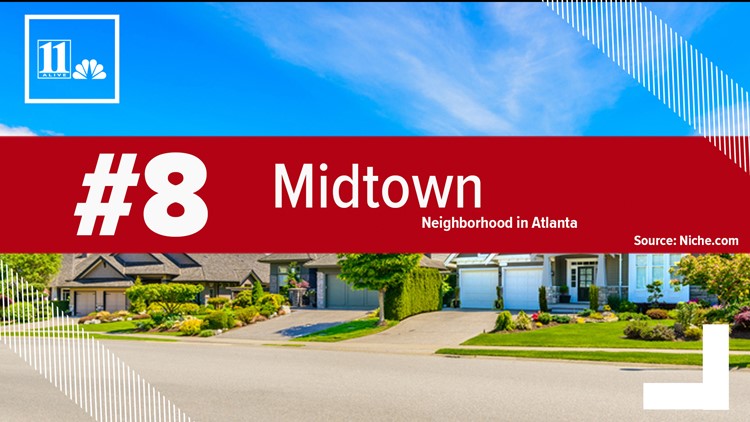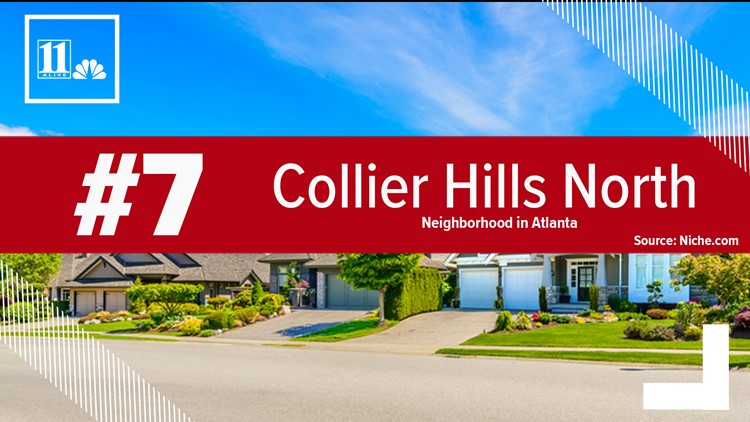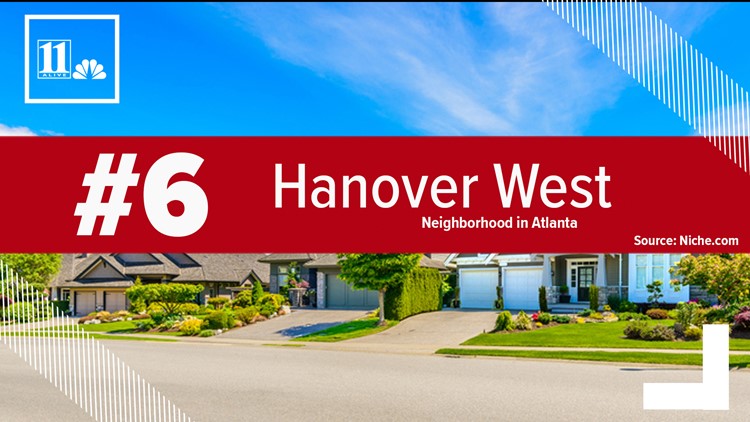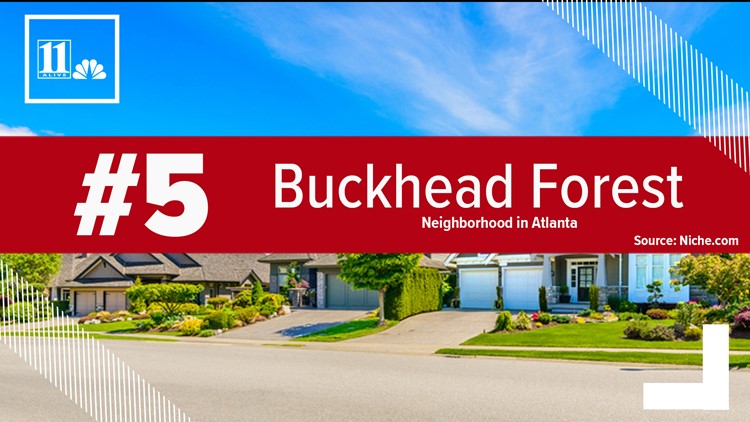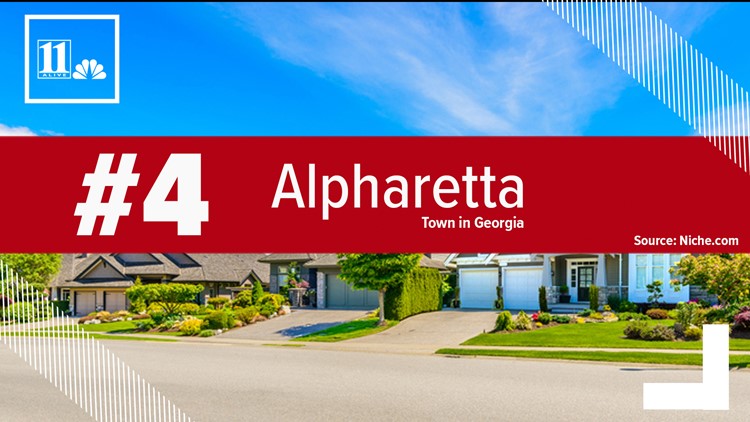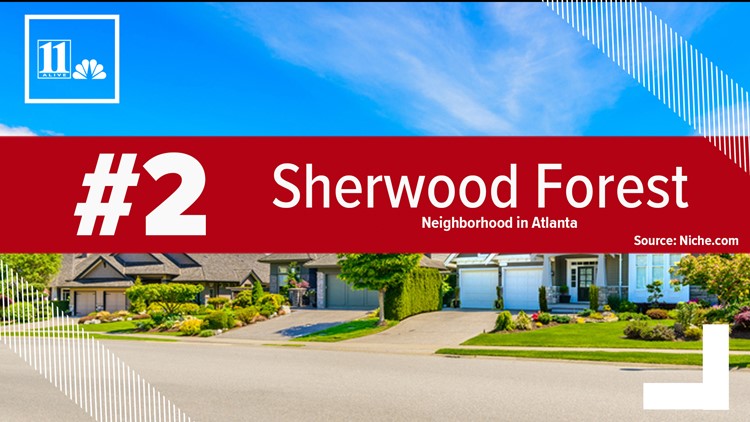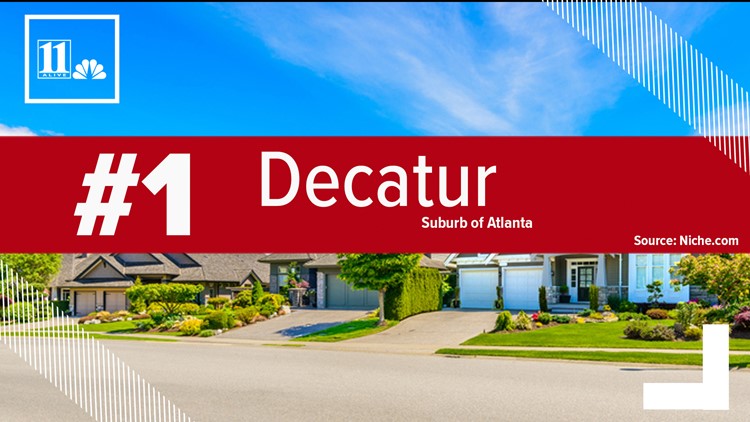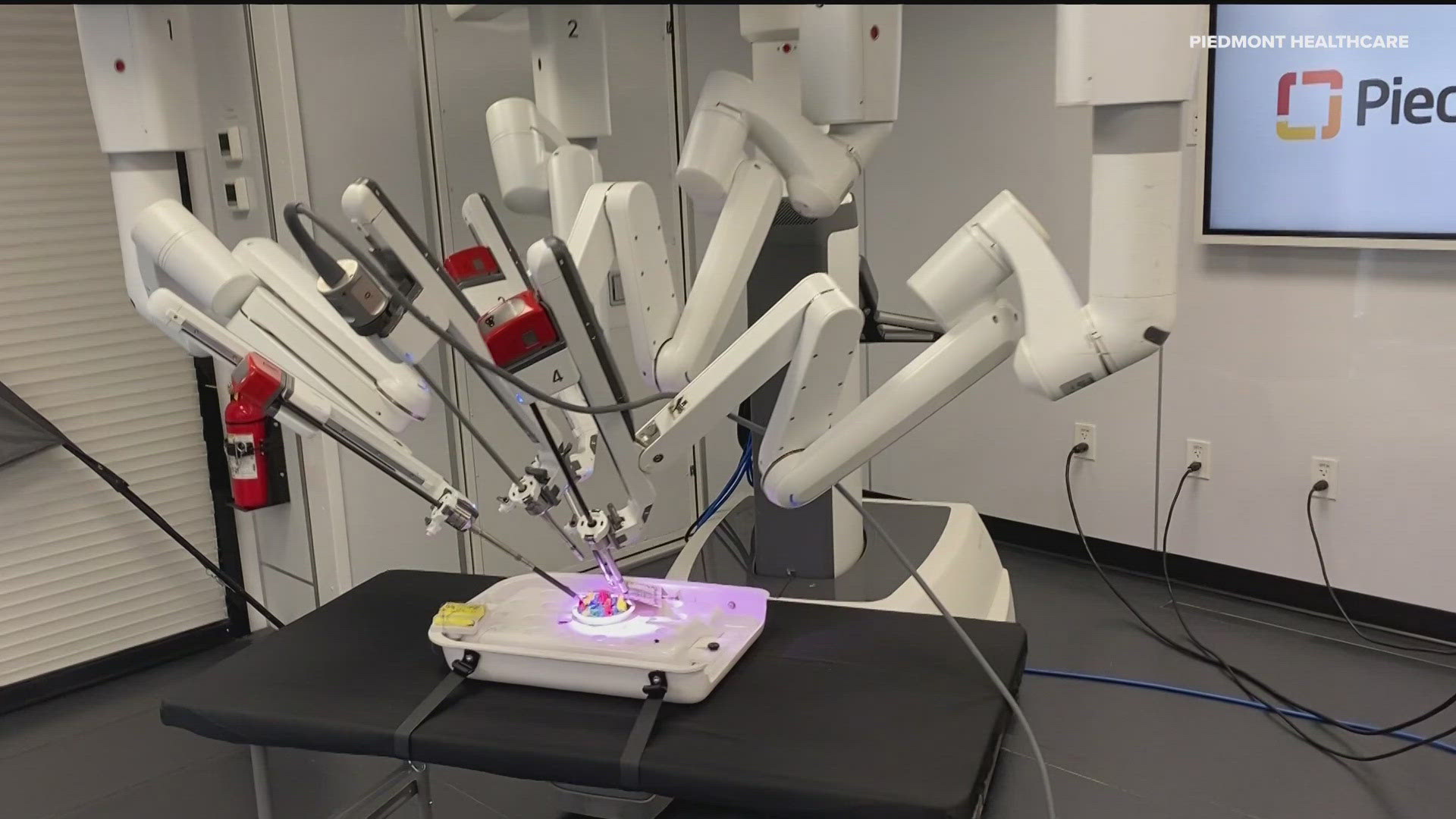ATLANTA — The Atlanta BeltLine continues to grow.
This week, they closed on nearly two miles of abandoned railroad track on the city's northwest side. It's called the Kudzu line, and even the most ardent outdoors enthusiasts want to stay away, unless they have a machete.
The line is an old abandoned CSX rail line, and the latest purchase by the BeltLine.

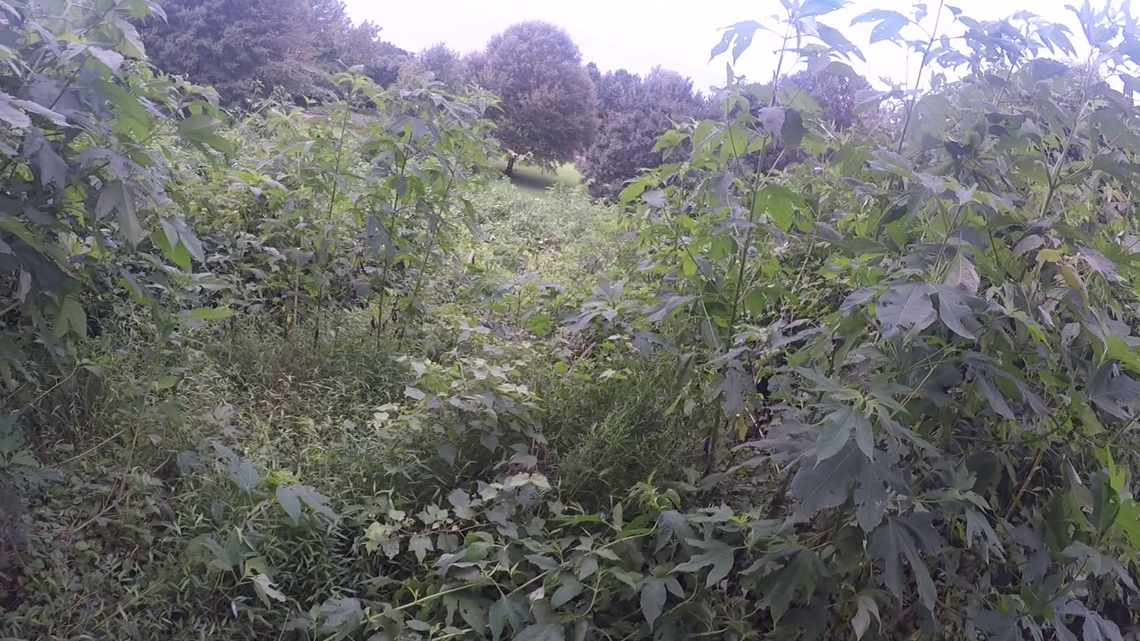
The 1.8-mile stretch is located not far from the Bankhead MARTA station, and the new Proctor Creek Greenway on the city's northwest side, an area of town that BeltLine CEO Brian McGowan has seen a lot of investment in recently.
"There's already lots of developers who are buying up land in this section knowing that the BeltLine is coming. So there will be housing. There will be affordable housing. It's going to be a very vibrant part of the Beltline," McGowan said.

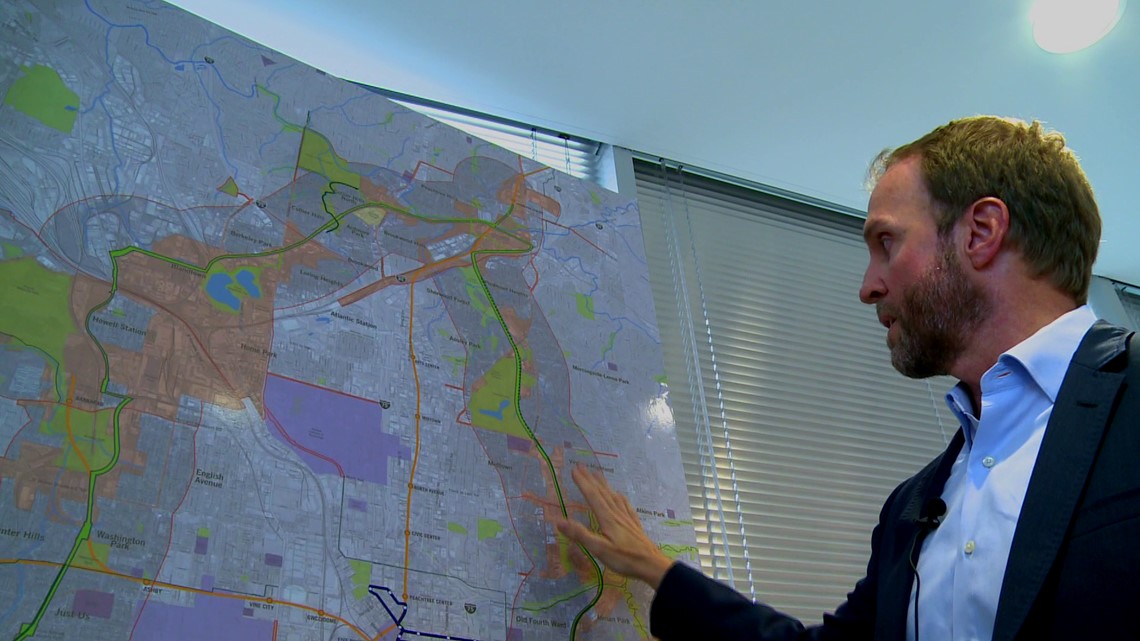
While what McGowan said may sound good, that key phrase - affordable housing - is a major criticism about developments along the BeltLine.
Nearly two weeks ago, protesters showed up outside of Atlanta City Hall, arguing the BeltLine is pricing out families. And in the Old Fourth Ward, neighbors are fighting tooth-and-nail to prevent a major development that could bring a sky rise with luxury apartments into the heart of the historic neighborhood.
"Housing prices have gone up exponentially, rent prices have gone up exponentially, and black folks are being pushed out of the city," charged Affordable hosing advocate Karimah Dillard.

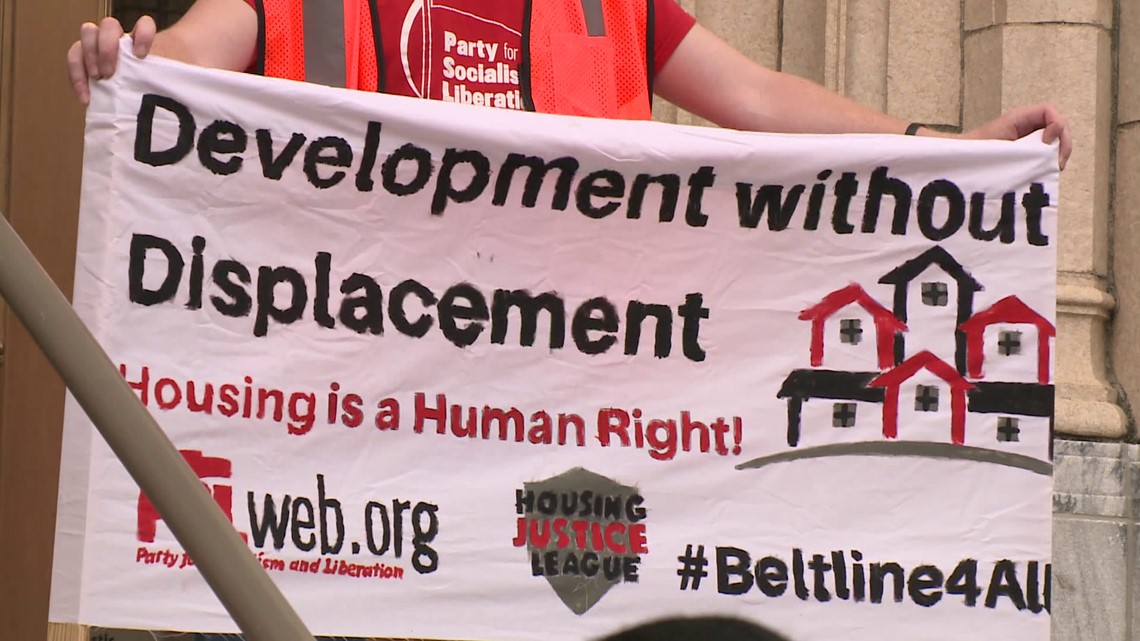
BeltLine and city officials say they hear those cries, and they plan to pursue more affordable housing in the future. On Thursday, the BeltLine released its affordable housing report, which lays out their plans.
According to the plan, the BeltLine wants to see 250 affordable units built from now until 2020. That number is going to go up incrementally, until they reach their final goal of 5,6000 affordable units by 2030.

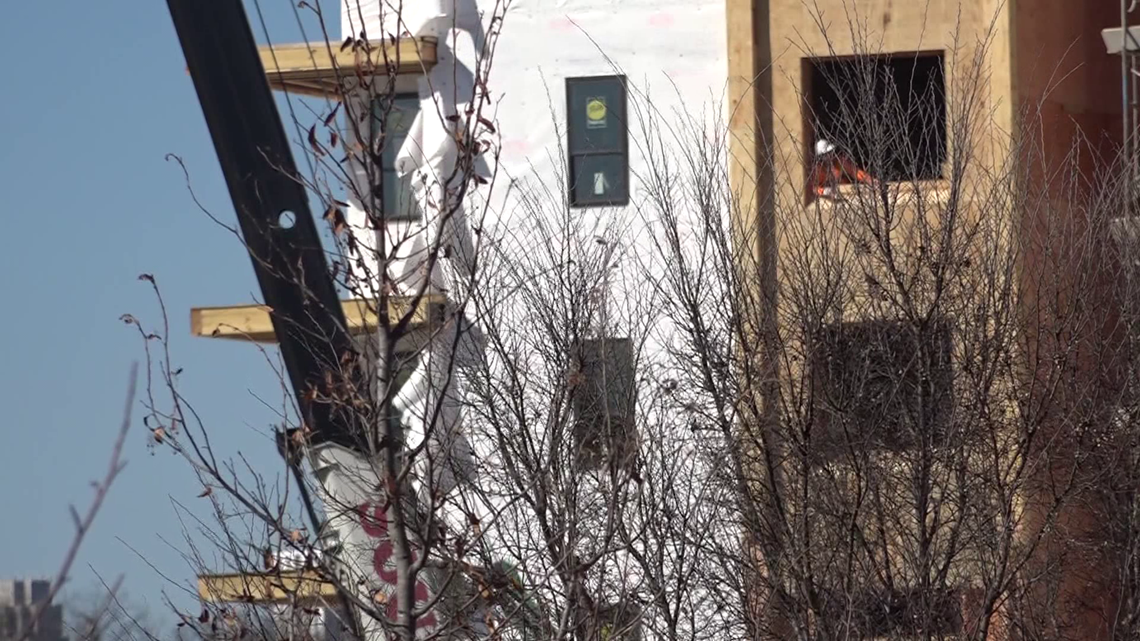
"It's important to point out that prior to the BeltLine being in these parts of the city, nothing was happening. There was no economic development. So at least we have investment," McGowan argued. "We have private capital wanting to invest into the BeltLine. We just need to make sure there's affordability built into these projects."

